The reason why this method is deprecated is because Loaders have been unbundled from their historical Fragment and FragmentActivity implementations in order to live in their own library that will soon be an optional dependency, and their implementation has been rewritten on top of architecture components.
The unbundled way of retrieving a LoaderManager instance is to use the static factory method:
LoaderManager.getInstance(T)
where T is an instance of both LifecycleOwner and ViewModelStoreOwner (the main implementations being FragmentActivity and Fragment).

